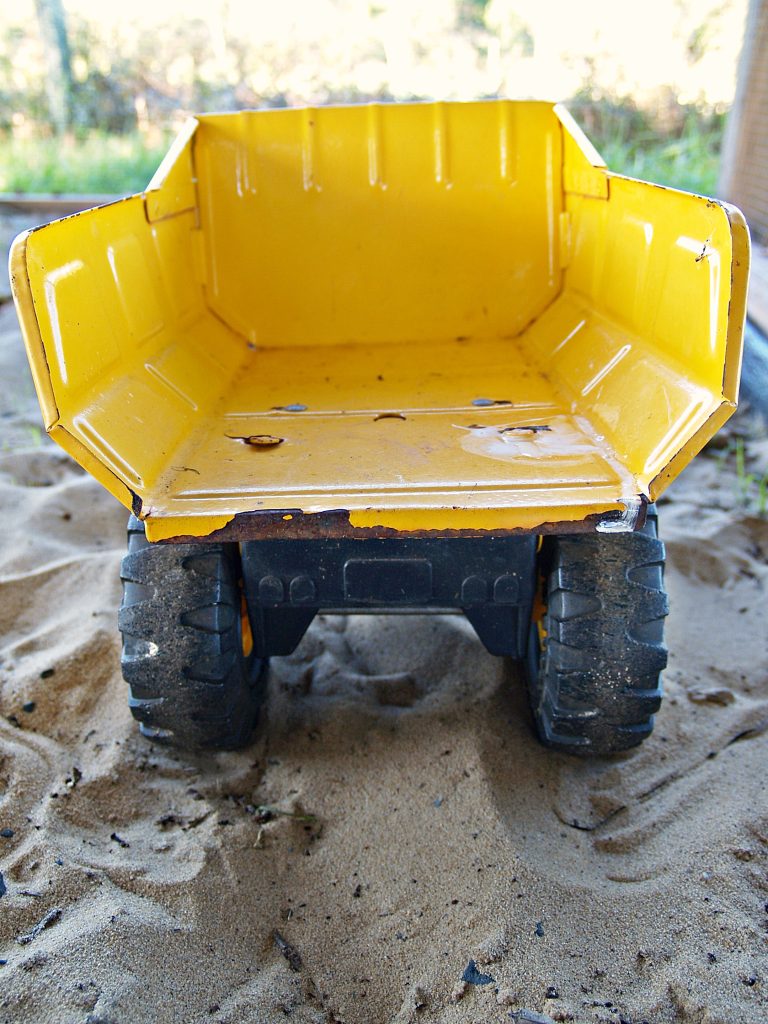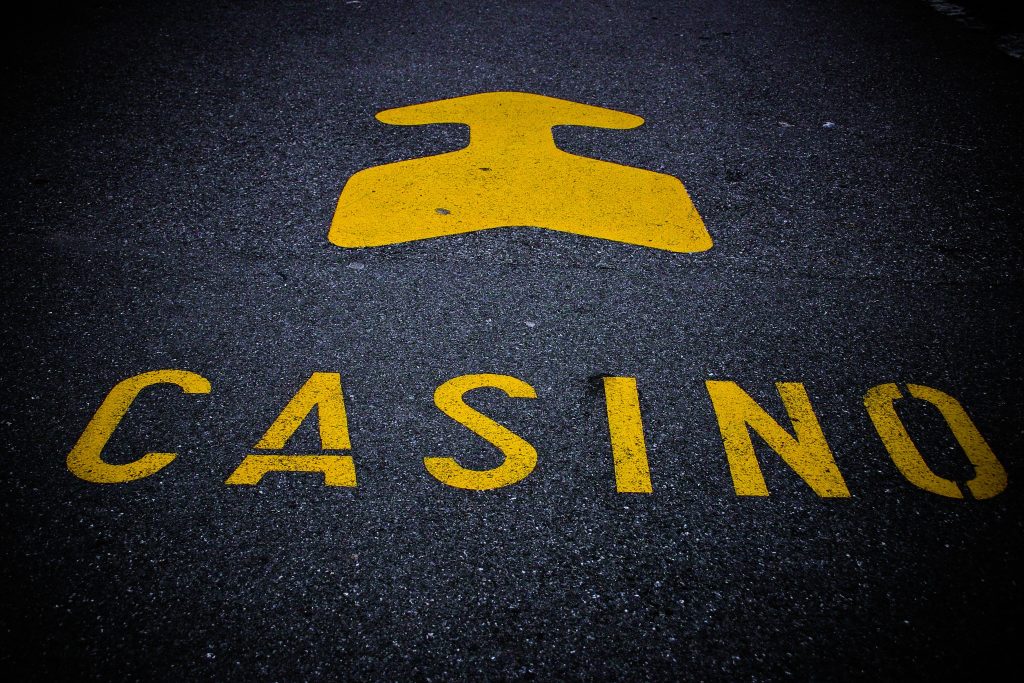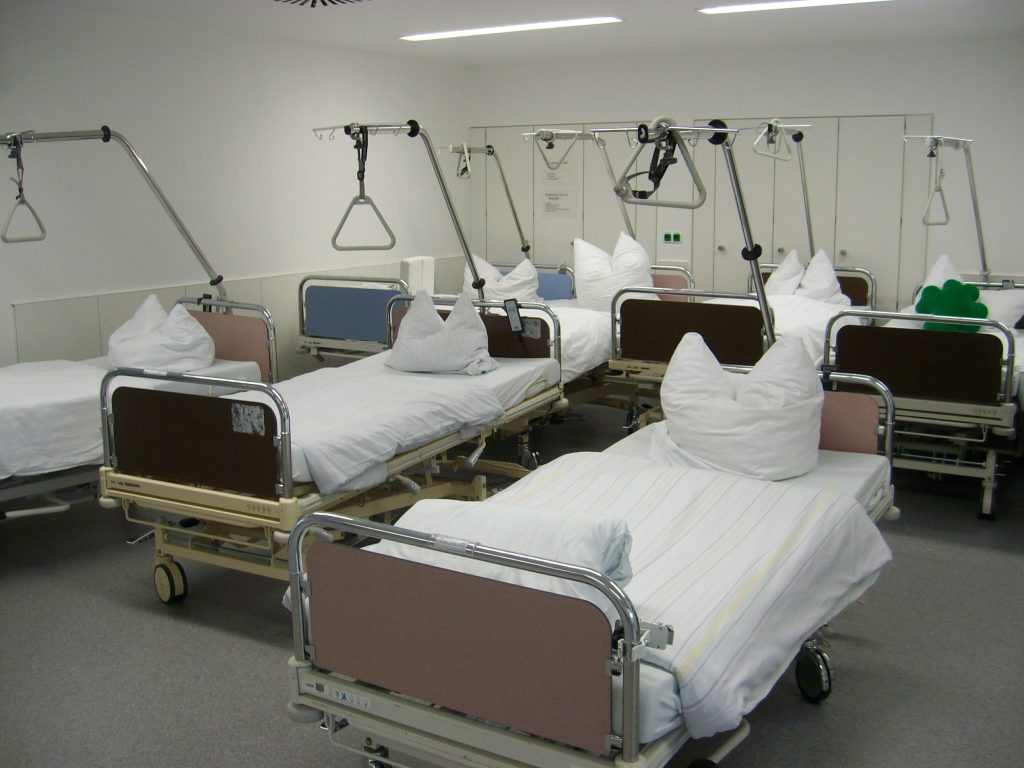 A pre-existing illness requiring time off is difficult, especially if one believes the work environment is worsening the condition. However, proving the environment is the cause of the worsening condition is difficult to do. So, how can a pre-existing illness affect a worker’s compensation claim? What happens if you cannot prove a causal link between a work environment and a worsening condition? The following Louisiana Court of Appeals case helps answer these questions.
A pre-existing illness requiring time off is difficult, especially if one believes the work environment is worsening the condition. However, proving the environment is the cause of the worsening condition is difficult to do. So, how can a pre-existing illness affect a worker’s compensation claim? What happens if you cannot prove a causal link between a work environment and a worsening condition? The following Louisiana Court of Appeals case helps answer these questions.
Amy Duplechin was a teacher at St. Landry Parish School beginning in 2000. She suffered from a respiratory condition causing several absences from work. After a semester-long sabbatical, Duplechin claimed her condition worsened due to alleged exposure to mold in her classroom. She claimed she found mold on the back of a bookshelf and growth along the air conditioner’s side.
According to the School Board, the mold was cleaned by Duplechin and the custodial staff, and she was moved to a new classroom. Duplechin claimed the School Board failed to pay indemnity benefits and medical benefits timely and sought payment of penalties and attorney fees. Still, the workers’ compensation judge decided the law favored the School Board.
 Louisiana Personal Injury Lawyer Blog
Louisiana Personal Injury Lawyer Blog


 Dreaming of your day in court? Understanding the crucial elements necessary to succeed in your claim is essential. When pursuing a negligence lawsuit, one of the most challenging elements to establish is proving that the other party caused your injuries. Failure to provide sufficient evidence demonstrating a factual dispute regarding the cause of your injuries may lead to the dismissal of your lawsuit at the summary judgment stage, even before stepping foot in a courtroom. This case highlights the significance of meeting the burden of proof on causation and the potential consequences of failing to do so.
Dreaming of your day in court? Understanding the crucial elements necessary to succeed in your claim is essential. When pursuing a negligence lawsuit, one of the most challenging elements to establish is proving that the other party caused your injuries. Failure to provide sufficient evidence demonstrating a factual dispute regarding the cause of your injuries may lead to the dismissal of your lawsuit at the summary judgment stage, even before stepping foot in a courtroom. This case highlights the significance of meeting the burden of proof on causation and the potential consequences of failing to do so. When pursuing a medical malpractice claim in Louisiana, adhering to the necessary procedural requirements is crucial for a successful case. Failure to comply with statutory obligations can lead to legal battles centered around procedural technicalities rather than the merits of the claim.
When pursuing a medical malpractice claim in Louisiana, adhering to the necessary procedural requirements is crucial for a successful case. Failure to comply with statutory obligations can lead to legal battles centered around procedural technicalities rather than the merits of the claim. Business trips can provide opportunities for networking and leisure, but unexpected injuries can turn the experience into a nightmare. One such example is the case of Jonathan Peters, who attended a business convention in New Orleans and stayed at Harrah’s Hotel.
Business trips can provide opportunities for networking and leisure, but unexpected injuries can turn the experience into a nightmare. One such example is the case of Jonathan Peters, who attended a business convention in New Orleans and stayed at Harrah’s Hotel.
 If you need to file a lawsuit, obtaining the opposing party’s accurate service of process address is crucial. Otherwise, you may face challenges similar to those encountered by Veronica Gordon. Gordon was an independent contractor for A-1 St. Bernard Taxie & Delivery, LLC, when she was involved in a motor vehicle accident while driving one of their cabs. Three days after the accident, she went to the emergency room for treatment of pain in her arm, shoulder, neck, and back.
If you need to file a lawsuit, obtaining the opposing party’s accurate service of process address is crucial. Otherwise, you may face challenges similar to those encountered by Veronica Gordon. Gordon was an independent contractor for A-1 St. Bernard Taxie & Delivery, LLC, when she was involved in a motor vehicle accident while driving one of their cabs. Three days after the accident, she went to the emergency room for treatment of pain in her arm, shoulder, neck, and back. Workplace accidents can be devastating, and determining fault can be complex and challenging. Clark Nixon, a dump truck driver, recently found himself in this situation after a workplace accident left him injured. While working at a job site for the Terrebonne Levee & Conservation District (“TLCD”), Nixon was involved in an accident with David Danos, an employee of TLCD, acting within the course and scope of his employment. The Louisiana First Circuit Court of Appeal affirmed the Trial Court’s holding of both parties at fault, and the defendants filed an appeal challenging the allocation of 50% fault to Danos and TLCD.
Workplace accidents can be devastating, and determining fault can be complex and challenging. Clark Nixon, a dump truck driver, recently found himself in this situation after a workplace accident left him injured. While working at a job site for the Terrebonne Levee & Conservation District (“TLCD”), Nixon was involved in an accident with David Danos, an employee of TLCD, acting within the course and scope of his employment. The Louisiana First Circuit Court of Appeal affirmed the Trial Court’s holding of both parties at fault, and the defendants filed an appeal challenging the allocation of 50% fault to Danos and TLCD.  It may not be uncommon to recover less than you had hoped in a personal injury lawsuit. However, challenging the amount of money you are awarded to get more is a challenging feat. A recent case out of the East Baton Rouge Parish explains why courts tend to defer to the jury when awarding damages.
It may not be uncommon to recover less than you had hoped in a personal injury lawsuit. However, challenging the amount of money you are awarded to get more is a challenging feat. A recent case out of the East Baton Rouge Parish explains why courts tend to defer to the jury when awarding damages.  Casinos can be a chaotic mix of adrenaline and alcohol. While a cultural staple of sportsmanship and skill, it is unsurprising that injuries often occur at casinos. The casino may be liable in some instances, but casino guests are also responsible for acting reasonably and taking precautions to ensure their safety, such as moderating alcohol consumption. When a guest under the influence is injured while on casino property, a required showing of causation may be absent due to the contributory factor of intoxication.
Casinos can be a chaotic mix of adrenaline and alcohol. While a cultural staple of sportsmanship and skill, it is unsurprising that injuries often occur at casinos. The casino may be liable in some instances, but casino guests are also responsible for acting reasonably and taking precautions to ensure their safety, such as moderating alcohol consumption. When a guest under the influence is injured while on casino property, a required showing of causation may be absent due to the contributory factor of intoxication. Having a sick child can be a nerve-racking time. Having a sick infant is even scarier as you, as a parent, feel helpless. In these times, caregivers turn to the experts in medical centers to help. But, unfortunately, a hospital can’t always help before it is too late.
Having a sick child can be a nerve-racking time. Having a sick infant is even scarier as you, as a parent, feel helpless. In these times, caregivers turn to the experts in medical centers to help. But, unfortunately, a hospital can’t always help before it is too late.